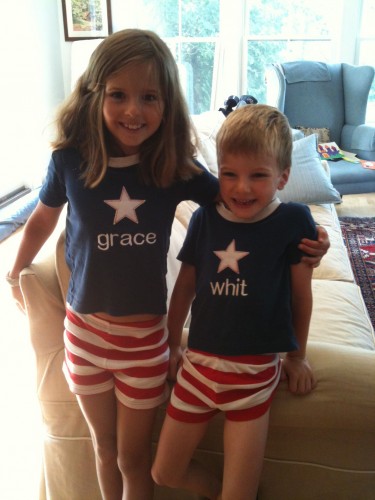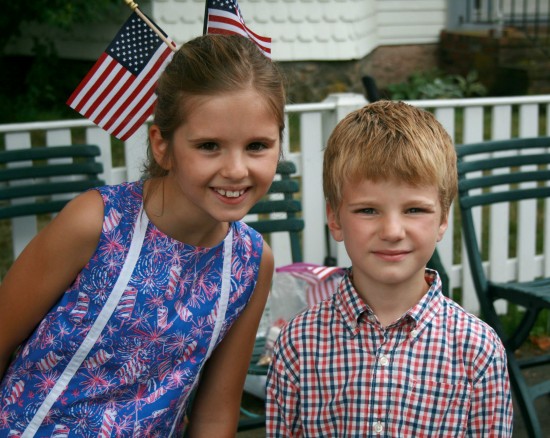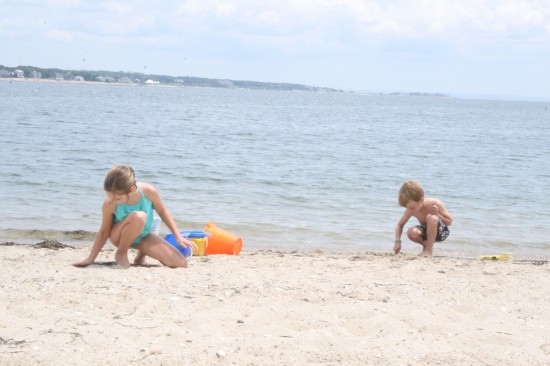Recently my friend, teacher, and mentor Katrina Kenison shared an article with me from The New York Times. She was quoted in a thoughtful piece called Redefining Success and Celebrating the Ordinary, which explores a topic that feels both current and thorny: our intense need to be – or, more dangerously, for our children to be – exceptional.
I feel a simple and intense identification with the values espoused in the article. When Katrina is quoted as saying “…there’s a beauty in cultivating an appreciation for what we already have,” I nodded so vigorously my husband looked over at me, wondering who I was suddenly talking to, but found me staring at my phone, reading. Celebrating the ordinary, most mundane moments of every day is perhaps the central task of my life. This blog is, you could say, a poem to the wonder and beauty, and to the heartache and pain, that exists in my extremely regular existence.
The article talks about how today’s parents all think their children are above average. We know this is statistically impossible. The extreme emphasis on exceptionalism feels familiar and familiarly uncomfortable to me. One of the main tenets of my parenting is that I strive to praise my children for their effort, not any innate “specialness.” Of course I love my children beyond reason. But I don’t think they are in any way geniuses, or more remarkable than a million other children. And maybe most importantly: I don’t want them to think that they are. I want them to know that I love them for who they are, of course, but I admire and esteem their effort, their dedication, their hard work. This is the way to success, however we define it, and to joy.
Of course that small phrase, “however we define it,” is at the core of the article. And this is where this topic gets tricky for me. On one hand, I feel like a hypocrite. I have certainly faced my share of critics who say it’s “easy” for someone who went to Exeter and Princeton and Harvard to disavow society’s focus on performance and achievement. I feel a slippery sense of unease about this, sometimes: do I really, truly believe this, that ordinariness is extraordinary, even though I know I spent so many years valuing achievement and validation above all else? Do my actions match what I say is my philosophy?
Well, yes. Who is better positioned that someone who has lived that life to really understand at a deep level how incompletely achievement leads to joy? Nobody. And as I’ve written before, all of my frantic success was actually a way to avoid engaging with my own truest desires. It is only when I let go of that map, released my reliance on an life shaped by external validation, that I began to experience real contentment. And that was found – yes – in the most ordinary things. In my children’s instinctive hush when they walked around Walden Pond. In my observation of how light changes in fundamental ways as we wheel through the year. In the quiet words of poets that whisper insistently in my head.
There is absolutely nothing wrong, in my view, with achievement, and I plan to keep teaching my children that hard work and goals are critically important. But this has to be coupled with learning to listen to what Robert Browning called “the low voice my soul hears.” I want to celebrate my children’s ambition and give them many opportunities to taste the wonder of ordinary life. Surely it’s possible to do both? I’m certainly going to try. When their deepest desires come up against what the world wants them to do, though, I hope they’ll choose the former. It took me 30 years to have the strength to do that, and I’ve never looked back.
How do you think you measure success? How do you walk this line in your own life, and, if you are a parent, as you help your children navigate theirs?

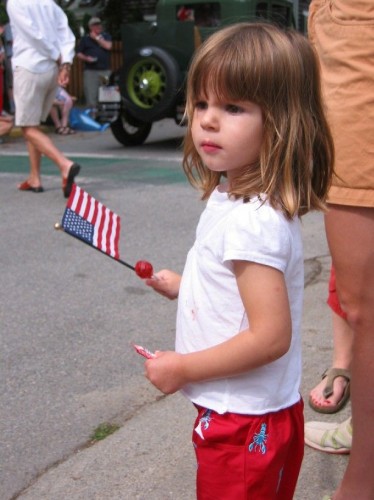
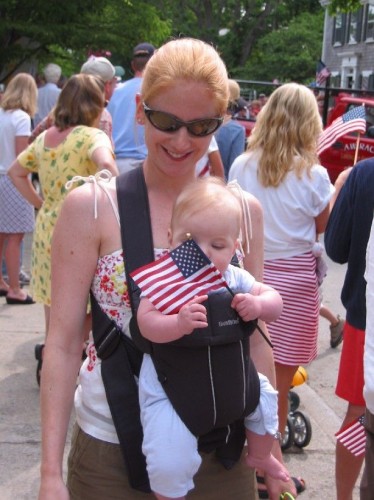 Whit, 2005
Whit, 2005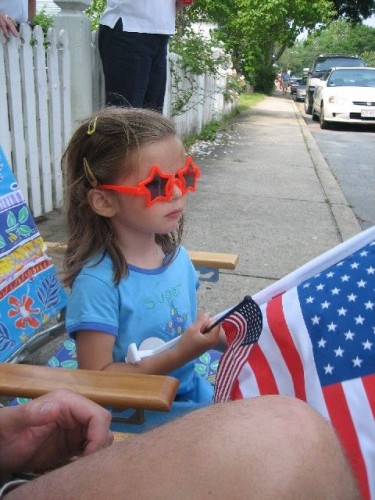 Grace, 2006
Grace, 2006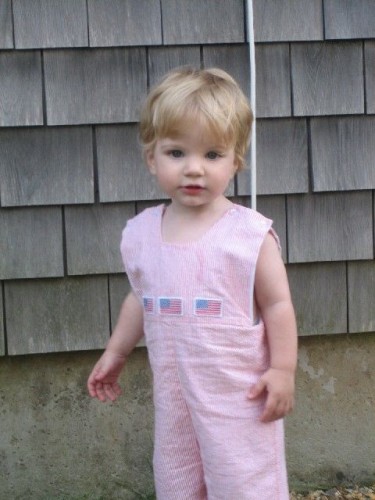 Whit, 2006
Whit, 2006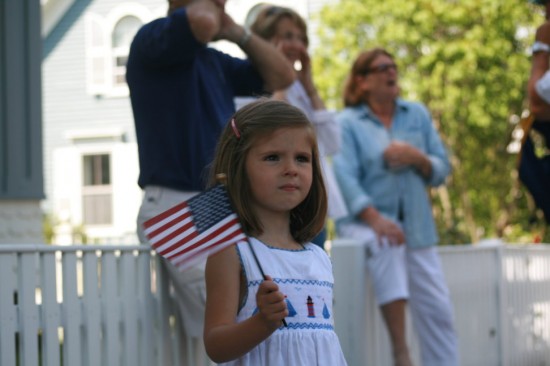 Grace, 2007
Grace, 2007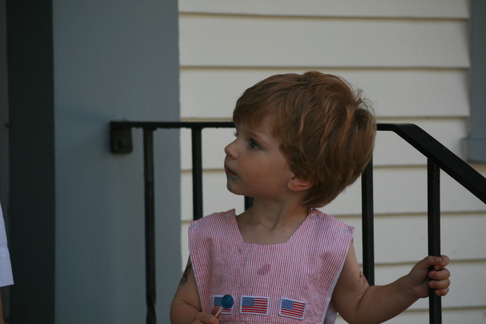 Whit, 2007
Whit, 2007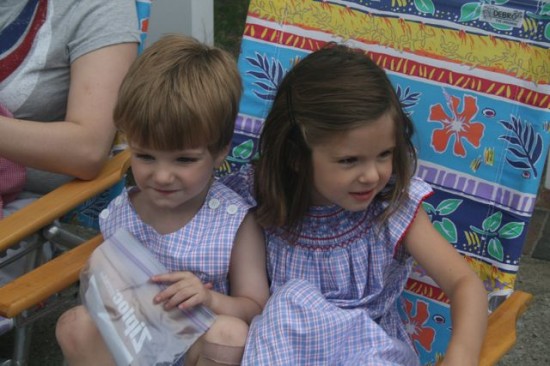 2008
2008 2009
2009 2010
2010